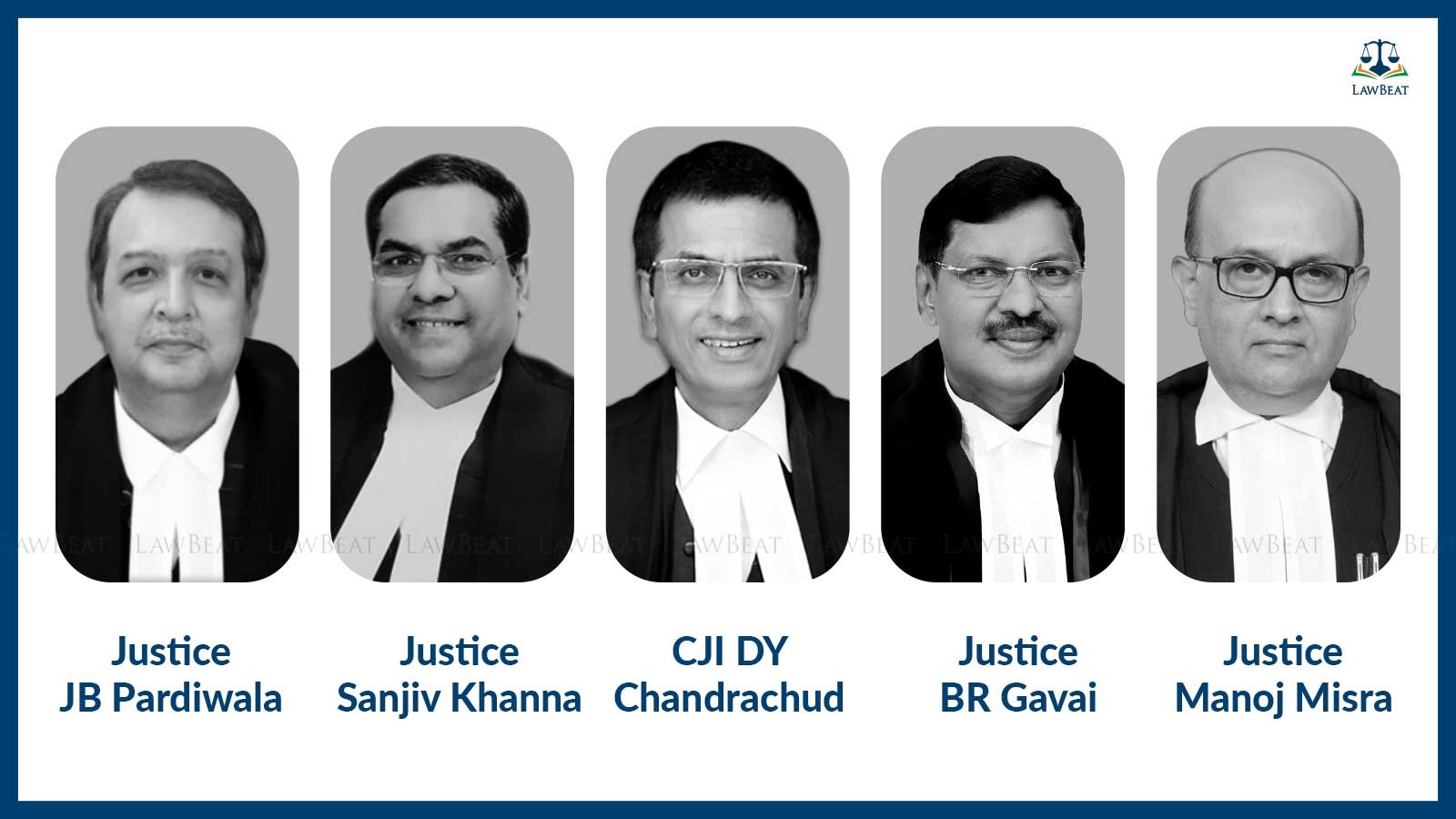BREAKING: Supreme Court refuses petition seeking review of Electoral Bonds judgment

It was the review petitioner's case that a make-believe violation of fundamental rights, namely, that right to information is an integral part of the right to freedom of speech and expression, the jurisdiction of the Supreme Court under Article 32 was invoked
The Supreme Court of India has refused a petition filed before it seeking review of its February 15 judgment holding the 2018 Electoral Bonds Scheme to be unconstitutional.
"Having perused the review petitions, there is no error apparent on the face of the record. No case for review under Order XLVII Rule 1 of the Supreme Court Rules 2013. The review petitions are, therefore, dismissed", a five-judge bench comprising Chief Justice of India DY Chandrachud, Justices Sanjiv Khanna, BR Gavai, JB Pardiwala and Manoj Misra has held.
While holding the scheme to be unconstitutional, a 5-judge bench led by CJI DY Chandrachud had said the scheme to be violative of Article 19(1) (a) of the Constitution of India.
Filed by Senior Advocate Mathews J. Nedumpara, the petition stated that the electoral bonds scheme did not involve the fundamental right of any citizen in its strict sense because it concerns every citizen, thus the issue was not justiciable at all.
"This Hon’ble Court entertained the petition and struck down the law and the scheme without noticing that in doing so it is acting as an appellate authority over the Parliament, substituting its wisdom on a matter which falls in the exclusive province of legislative and executive policy...", the petition submitted.
It is the review petitioner's case that Court failed to notice that no specific legal injury was claimed exclusive to the petitioner, thus their petition could not have been decided as if a private litigation for the enforcement of rights which are specific and exclusive to them.
The plea argued that public opinion could be sharply divided on the issue and the majority of the people of this country could probably be in support of the scheme.
Arguing in favour of the Scheme, the plea submitted, "It was not a measure which would have totally eradicated the role of black money in politics but it hoped to bring some element of transparency by permitting contributions to be made to the political parties by allowing confidentiality, which meant that the information as to the doners and donees would remain secret."
Government notified the Electoral Bond Scheme in 2018. According to a press release, an Electoral Bond is a bearer instrument in the nature of a Promissory Note and an interest free banking instrument. A citizen of India or a body incorporated in India will be eligible to purchase the bond.
A five-judge bench while striking down the 2018 scheme had observed that information on funding of political parties is important for effective democracy as this could lead to a quid pro quo situation where funders are given favours through various means like policy changes etc.
Case Title: Mathews J. Nedumpara & anr. vs. Association for Democratic Reforms and ors.
